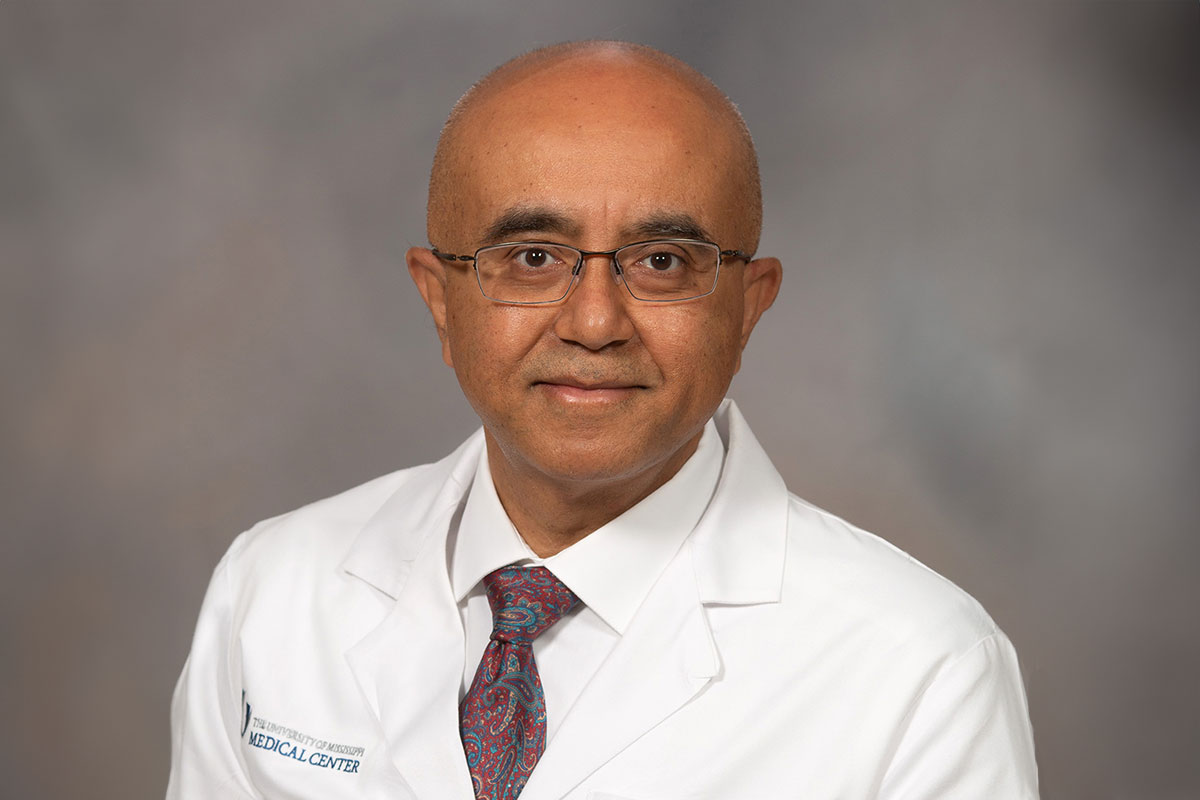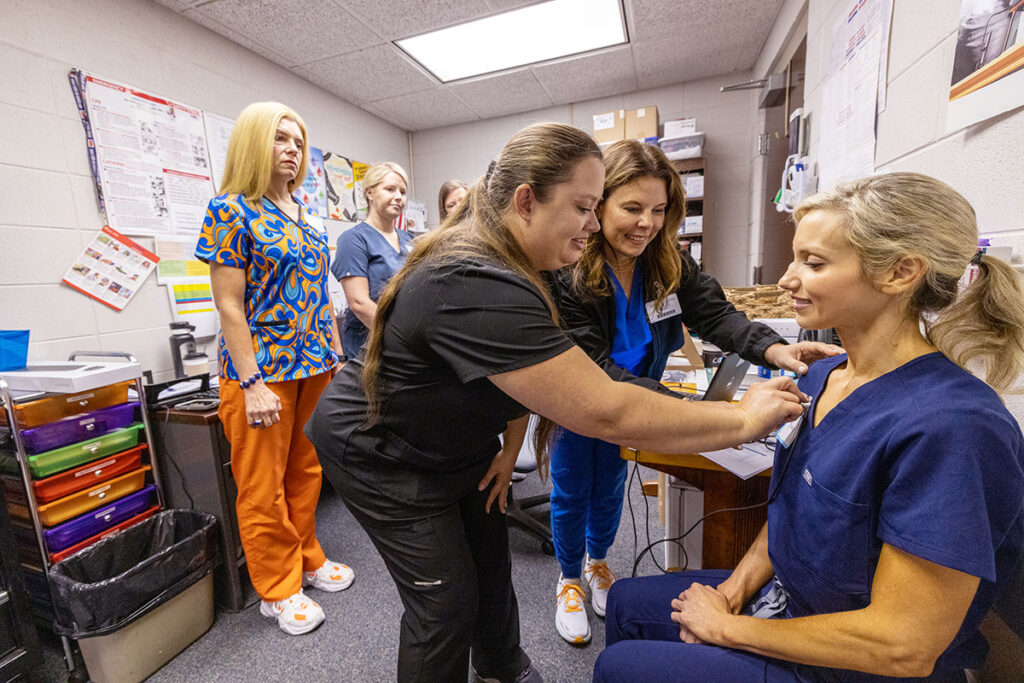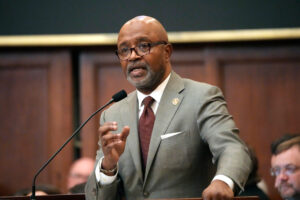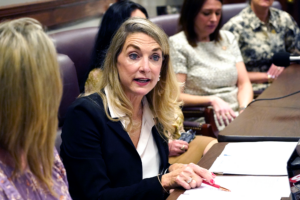Students in hundreds of Mississippi’s K-12 schools can now receive telehealth services under a partnership between the Mississippi Department of Education and the University of Mississippi Medical Center. The program launched in August 2022 and currently covers more than 70 districts, 406 schools and 183,456 students, or about 37% of students in the state.
“In Mississippi, we are predominantly a rural state,” UMMC Chief Telehealth Officer Saurabh Chandra told the Mississippi Free Press. “Schools are dispersed far and wide in the state and many places don’t have good access to health care, … so (former State Superintendent Carey Wright) put together a vision for bringing health care access to students right in the schools.”
The program removes many of the logistical barriers to health care that families face and helps schools combat issues faced due to a lack of medical access in their respective communities.
“We already had established a program in a few school districts prior to this program, and other places throughout the country have shown direct benefits of school-based telehealth programs and reducing absenteeism and providing access to health care,” Chandra said.
School nurses provide a routine evaluation of students with medical complaints. After identifying that a child needs services, the school nurse obtains consent from the parent and begins a video call with the UMMC provider. The provider examines the child and may prescribe medication or make referrals as needed. Parents are also invited to join the call.
The video visits are more in-depth than a typical telehealth call. Each participating school has a laptop, webcam, digital USB otoscope and digital USB stethoscope that school nurses use to assist with the examinations. The tools help provide diagnostic information beyond a child’s complaints.
“(These) enable the remote providers to hear heart and lung sounds and also look at the ear, nose and throat to make good decisions about the health of the kids,” Chandra said.
UMMC telehealth providers have treated more than 1,600 students since the partnership began.

The Sunflower County Consolidated School District participated in the program. Registered nurse Kakawonda Hibbler, the district’s lead school nurse, says that the program has helped to stretch SCCSD’s available medical resources. The district has three nurses serving nearly 3,200 students in 11 schools.
“One of the reasons why we chose to participate in the program is because of the shortage that we have with nurses,” Hibbler told the Mississippi Free Press. “We were seeing multiple schools in one day, which means we could not be based at one site all day, and that impacted children being able to be seen for acute problems and medical situations.”
The nurse said the program helps ensure that students receive the care that they need without burdening families. Parents can continue their workday instead of checking students out of school to have them seen for minor medical issues such as cold symptoms. Telehealth visits also increase medical access for residents in the rural county, and the service costs nothing for students enrolled in participating districts.
“Children spend the majority of their time at school in a given week, so if you don’t have or you’re not able to utilize or receive care outside of the school setting, then this provides that opportunity,” Hibbler said. “It increases accessibility, but it’s also cost-effective. (They also) don’t have to be concerned about waiting in long lines or waiting rooms.”
In addition to offering minor medical care, UMMC provides behavioral health care for participants. Chandra said this is vital as most areas of Mississippi are designated as health professional shortage areas, meaning that residents in these areas often struggle to access those services.
“If you are seeking an appointment for a behavior counselor, physician (or) nurse practitioner in a regular way, it is six to eight weeks minimum that you have to wait to get an appointment sometimes,” Chandra said. “And this is a very liberal number that I’m quoting. Most of the time, you have to wait two or three months, if not more, with a behavioral health expert. Our wait time and turnaround time is 24 to 72 hours.”
“So, just the ability to provide access when someone is going through a crisis and when a school kid is having behavioral health problems, that is just filling the gap, and it’s an enormous value that we are bringing by providing access to behavioral health,” he continued.
In addition to training on how to use the provided medical equipment, nurses also receive preventative education.
“We have a big number of patients, kids and adults who are susceptible to getting diabetes, so there are a lot of patients who are prediabetic,” Chandra said. “If we train the nurses for lifestyle coaching, that means they can help break down those numbers.”
He added that data shows that “50 million hours are lost by school kids from schools per year, just because of dental problems.”
“So the fourth component is actually providing education for nurses to recognize wherever they may have dental issues so that they can pick up those issues beforehand so that you know the kids can have access faster for dental problems as well,” Chandra continued.
The current grant will fund the program through Sept 30, 2024. Chandra hopes to not only continue the program past that date but to expand its reach.
“I would love to see this program grow,” he said. “One of the barriers that we have encountered is reaching out to the parents and trying to give them the information about the programs. Many parents are just not aware of the program.”
For more information about the Mississippi school-based telehealth programs, visit umc.edu/Healthcare/Telehealth.










